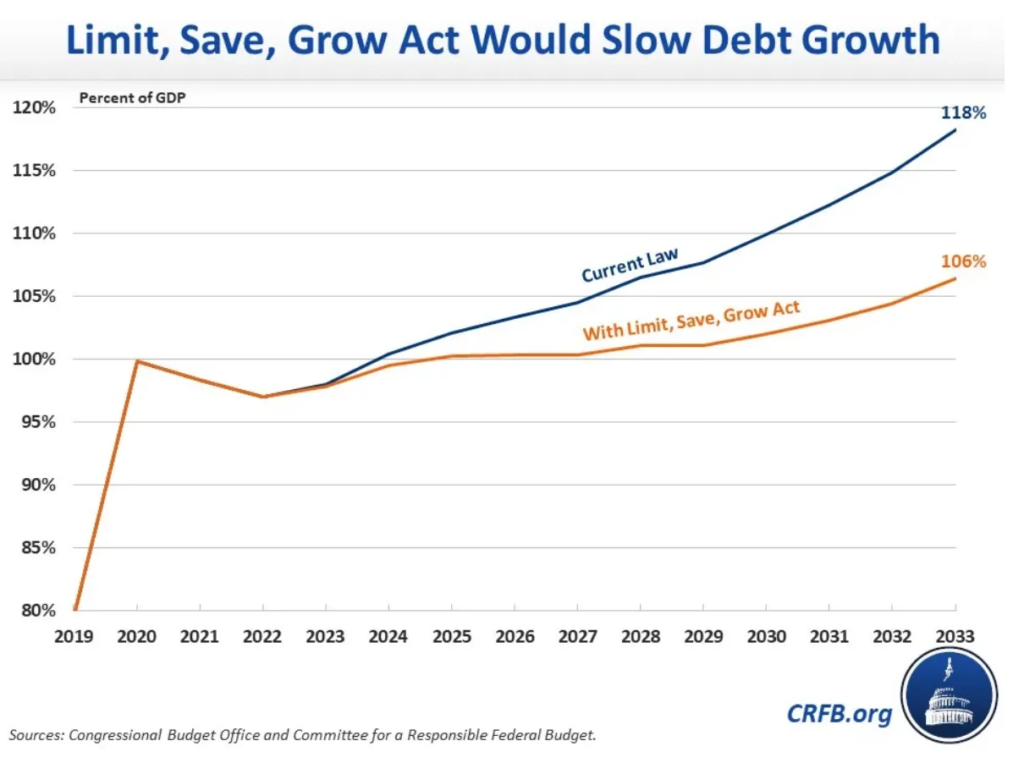Link: https://jacobin.com/2023/01/republicans-debt-ceiling-shock-doctrine-spending-cuts
Excerpt:
The debt ceiling is normally a dull topic, and many have understandably neglected to follow along. To recap, the debt ceiling is the artificial cap Congress places on the amount of money the government can borrow. As Secretary of the Treasury Janet Yellen and others have pointed out, there is little practical reason for the debt ceiling to exist at all. From a technical point of view, it is a formality to authorize the Treasury to pay bills the government has already incurred. Through creative accounting, the Treasury can keep paying for a few more months, and then it will have to stop unless Congress votes to raise the debt ceiling.
All sides agree that the US government deliberately defaulting on debts would be the financial equivalent of an atom bomb, causing immediate painful shocks across the world economy and unpredictable long-term effects. In order to avoid this scenario, voting to raise the debt ceiling is usually a matter of course — though the number of near and actual government shutdowns from Congress playing chicken with the ceiling have increased in recent decades.
But it might be different this time. As Politico reported last week, a number of former government officials who negotiated during previous standoffs over the debt ceiling think there’s much less room for a negotiated settlement this year.
The main reason is that, at least on the surface, House Speaker Kevin McCarthy is in a weak position, effectively held hostage by conditions that were imposed on him by the most extreme members of the House Republican conference during his election to speaker. Those conditions specifically require significant spending cuts in exchange for raising the debt ceiling.
….
Democrats also argue that though Republicans insist on reducing spending, they have refused to make specific demands for what they want cut. Here is where The Shock Doctrine might provide a hint of what’s to come. The idea of privatizing Social Security has been “lying around” since George W. Bush’s presidency. Joe Biden himself has a long, well-documented history of trying to cut Social Security and Medicare, though in public statements since 2020 he has consistently said he would not agree to do so.
Kevin McCarthy and other Republicans have repeatedly floated the idea of cutting the popular programs over the past year. While McCarthy appeared to abruptly back off the idea of cutting Social Security and Medicare as part of the debt ceiling negotiations on Sunday, his ambiguous promise to “strengthen” the programs without specifying what that means leaves plenty of room for privatization.
Author(s): Ben Beckett
Publication Date: 31 Jan 2023
Publication Site: Jacobin
